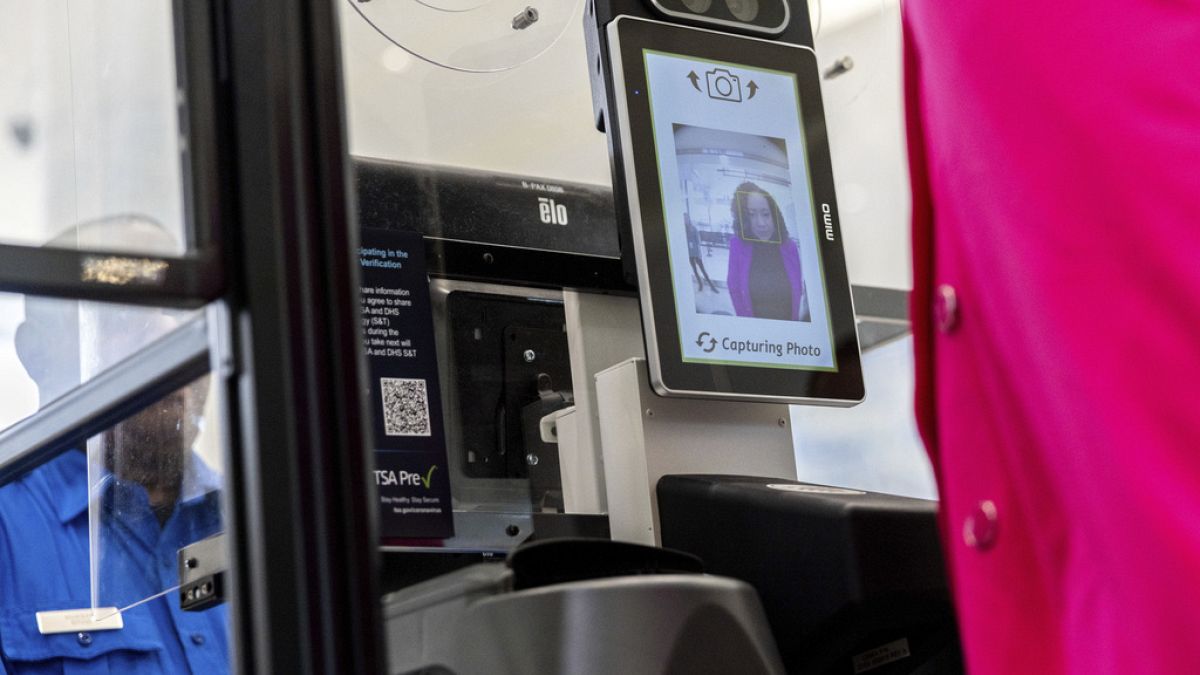In response to the recent surge in gang-related violence in Copenhagen involving gangs from neighboring Sweden, police authorities in Denmark have announced the use of facial recognition technology to tackle the issue. This decision was made during a meeting between Denmark’s national police commissioner and the justice minister on Monday. The use of facial recognition technology will help in accessing encrypted messages and identifying individuals involved in criminal activities. To implement this technology, the law will need to be changed, which the justice minister stated will be done as soon as possible.
The increase in violent crimes in Copenhagen has been attributed to organized criminal gangs hiring teenagers from Sweden to carry out deadly shootings in Denmark. According to official reports, there have been at least 25 incidents since April where young Swedes have been hired to commit crimes in Denmark. The justice minister expressed anger towards this trend and emphasized the need for both Denmark and Sweden to take responsibility for addressing the issue. Swedish police have also noted a rise in the recruitment of teenagers under 18 to carry out criminal activities due to their lack of police control and protection from prosecution.
One of the prominent criminal gangs involved in these activities is Loyal to Familia from Sweden, which was banned in 2021. Sociologist Aydin Soei highlighted that the members of this gang are frequently stopped and searched by the police, with many using Swedish children as pawns in their criminal activities. The recent arrest of two Swedish teenagers in Denmark for shootings further emphasized the need for cooperation between the two countries to tackle cross-border criminal activities. Danish Prime Minister Mette Frederiksen condemned the practice of hiring Swedish youths to commit crimes in Denmark, stating that it will not be tolerated.
In Sweden, criminal gangs have long been a pressing issue, with an estimated 62,000 people linked to such gangs in the country. These gangs often recruit members from socially disadvantaged immigrant neighborhoods, with the majority of the violence concentrated in major cities like Stockholm, Goteborg, and Malmo. Denmark, on the other hand, has a lesser scale of gang violence compared to Sweden but has still seen instances of violent conflicts between criminal groups. Official figures from last year indicated that around 1,257 people in Denmark were known to have connections to organized crime.
The use of facial recognition technology in Denmark marks a significant step in combating gang-related violence and organized crime in the country. By leveraging technology and digital tools to access encrypted messages and identify individuals involved in criminal activities, law enforcement authorities aim to stem the tide of violence in Copenhagen and other parts of the country. The collaboration between Denmark and Sweden is crucial in addressing the issue of cross-border crime and holding individuals accountable for their actions. With a concerted effort from both countries and the implementation of advanced technologies, authorities hope to bring an end to the disturbing trend of hiring youths to commit violent crimes.











